Book Discussion: The Square and the Tower
07/18/2024
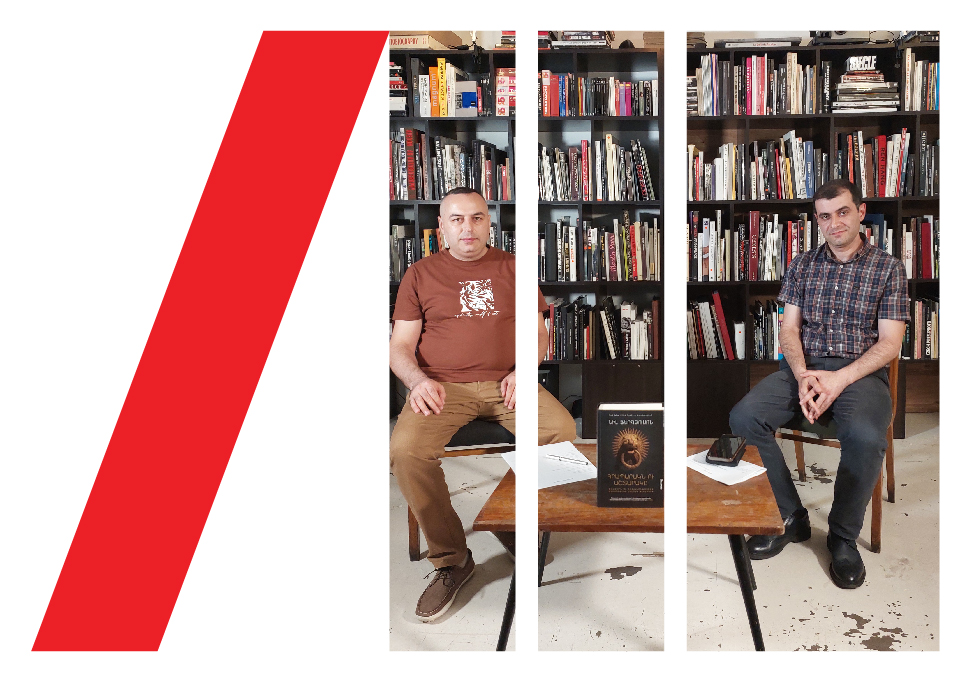
The Institute of Public Policy has initiated book discussions with the support of The Calouste Gulbenkian Foundation.
The Institute of Public Policy has hosted a series of discussions focusing on recent Armenian publications/translations. The initiative aims to introduce significant fiction and non-fiction books to a broad audience of readers.
The most recent discussion centered around Niall Ferguson's book "The Square and the Tower." Avetik Mejlumyan, the IPP’s director, and Davit Sargsyan, the book's translator, delved into its key features, modern historiographical approaches, and global trends.
According to Avetik Mejlumyan, the book explores the interaction between networks and hierarchies throughout history, highlighting periods when one prevailed over the other.
"Networks have played a crucial role in two historical eras. The first 'network age' began in 15th-century Europe with the invention of the printing press and continued until the late 18th century. The second era began in the 1970s and continues today."
Participants expressed interest in the book's methodological aspects, questioning the author's insights, the creative process, and the dynamics between networks and hierarchies.
"If you think that social media is a modern phenomenon, this book will challenge that notion," remarked the translator. "It reveals that such networks have always existed and exerted significant influence. Historians traditionally focused on states, kings, wars, and victories, but Ferguson's work shifts our perspective."
Network theory is reshaping our understanding of the past and present, predicting which hierarchies will withstand the latest wave of network challenges and which will falter.
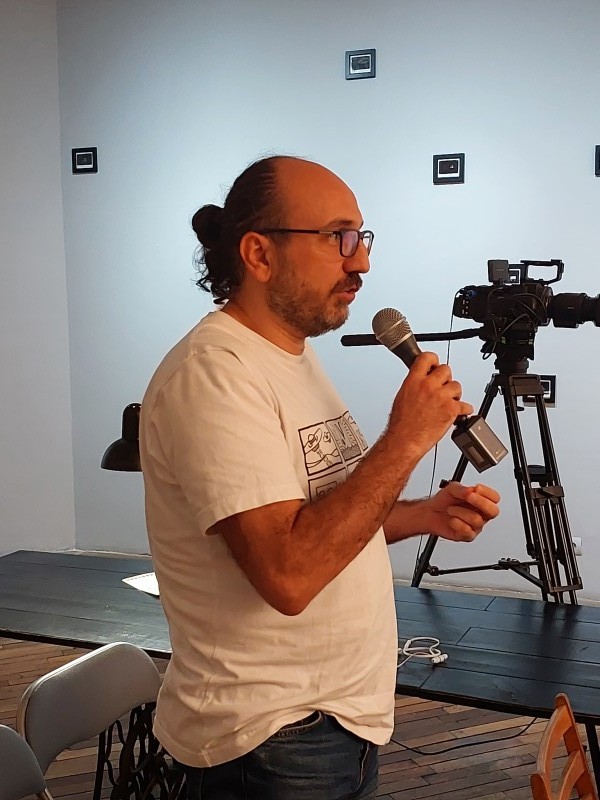
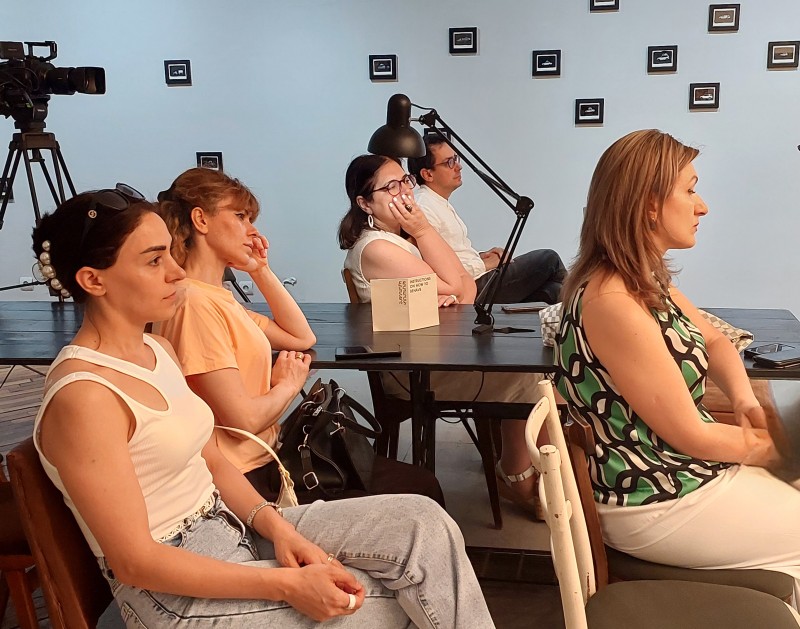

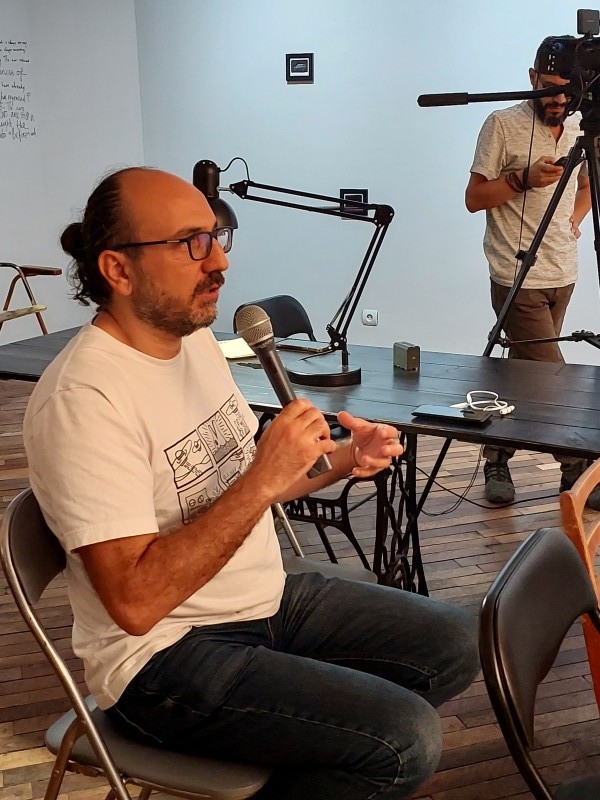

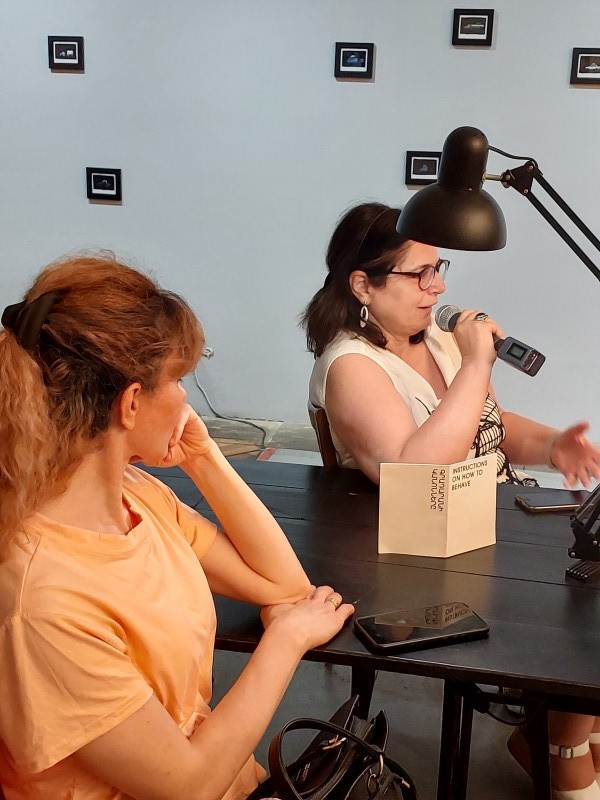
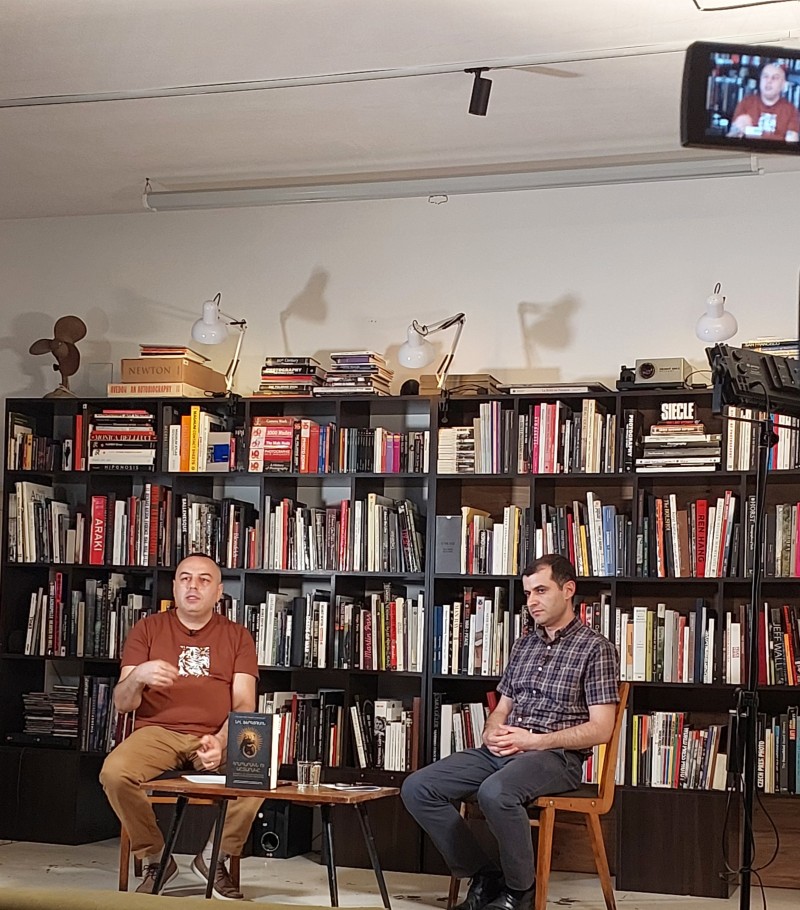
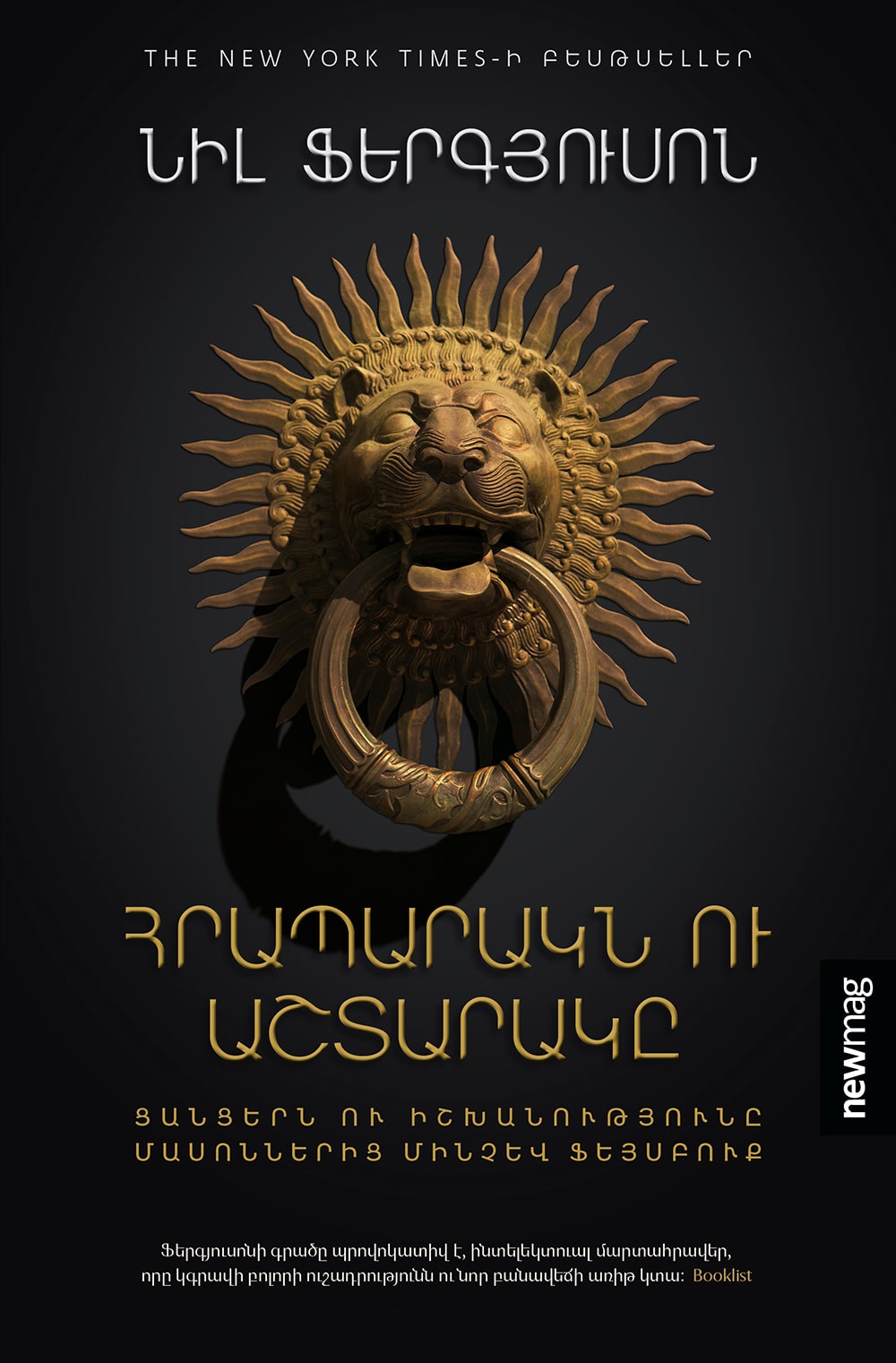
Niall Ferguson
8800 ֏
Description
Most history is hierarchical: it's about emperors, presidents, prime ministers and field marshals. It's about states, armies and corporations. It's about orders from on high. Even history "from below" is often about trade unions and workers' parties. But what if that's simply because hierarchical institutions create the archives that historians rely on? What if we are missing the informal, less well documented social networks that are the true sources of power and drivers of change?
The 21st century has been hailed as the Age of Networks. However, in The Square and the Tower, Niall Ferguson argues that networks have always been with us, from the structure of the brain to the food chain, from the family tree to freemasonry. Throughout history, hierarchies housed in high towers have claimed to rule, but often real power has resided in the networks in the town square below. For it is networks that tend to innovate. And it is through networks that revolutionary ideas can contagiously spread. Just because conspiracy theorists like to fantasize about such networks doesn't mean they are not real.
From the cults of ancient Rome to the dynasties of the Renaissance, from the founding fathers to Facebook, The Square and the Tower tells the story of the rise, fall and rise of networks, and shows how network theory--concepts such as clustering, degrees of separation, weak ties, contagions and phase transitions--can transform our understanding of both the past and the present.
Just as The Ascent of Money put Wall Street into historical perspective, so The Square and the Tower does the same for Silicon Valley. And it offers a bold prediction about which hierarchies will withstand this latest wave of network disruption--and which will be toppled.
Read also

Winterfest to feature David Georgyan’s sci-fi action novel Impedance (trailer)

At Winterfest 2026, Newmag will present Marianna Hakobyan’s “Don’t Change the Names” (trailer)

Closing and Award Ceremony of the “Sprout in Armenian – 2025” Competition at Newmag Winterfest

“I hope my story will inspire many and help them keep believing and dreaming.” Henrikh Mkhitaryan’s welcoming speech to Armenian fans (video)

